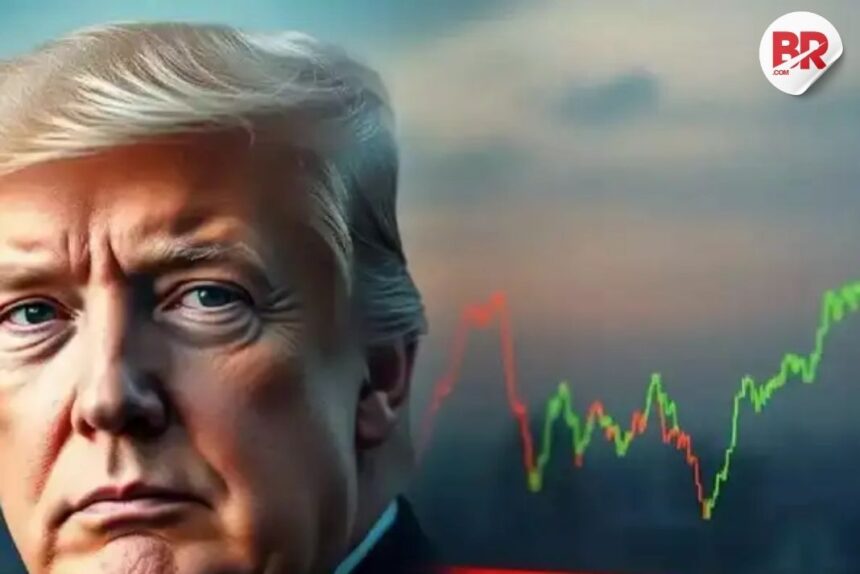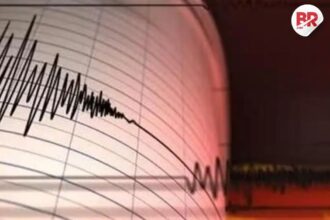
U.S. President Donald Trump declared on Sunday that all foreign-made movies coming into the United States will be hit with a 100% tariff. He argued that the American movie industry is quickly dying because other countries are offering too many incentives for filmmakers to leave Hollywood. Trump called this a national security threat and a form of “messaging and propaganda.”
Trump said he has instructed the Department of Commerce to start putting the tariff in place right away. He wrote on Truth Social: “WE WANT MOVIES MADE IN AMERICA, AGAIN!”

Read More: Is Trump’s U.S. Tariff Plan Backfiring? Why Asian Markets Are Suddenly Surging
Commerce Secretary Howard Lutnick also posted on X, saying, “We’re on it.” However, neither Trump nor Lutnick explained exactly how this tariff will be carried out. It’s unclear if it will apply to movies on streaming platforms, in theaters, or both, or whether it will be based on how much it cost to make the film or how much money it made at the box office.
Hollywood executives were trying to understand the details of this announcement on Sunday night. The Motion Picture Association, which represents big Hollywood studios, did not immediately comment.
In January, Trump appointed Hollywood veterans Jon Voight, Sylvester Stallone, and Mel Gibson to help make Hollywood “bigger, better, and stronger than ever before.”
For years, movie and TV production has been leaving Hollywood to take advantage of cheaper filming locations, often in countries like Canada and Britain, where governments offer tax incentives. These countries have been attracting more film projects to their shores. In fact, about half of the money spent on big-budget films ($40 million or more) in 2023 was spent outside of the U.S., according to research. Hollywood’s production in Los Angeles has dropped nearly 40% over the last decade, and the 2023 wildfires made things worse.
According to a survey, filmmakers now prefer to shoot in places like Toronto, Britain, Vancouver, Central Europe, and Australia, with California falling to sixth place. Hollywood studios and labor unions have been urging California’s Governor Gavin Newsom to increase tax incentives to help Hollywood compete with these other locations.
Also See: US Just Ended Tariff Exemptions for Chinese Packages – How Will This Impact E-Commerce Sector?
Trump’s new movie tariff is part of a pattern of trade conflicts started by his administration, which have already caused concerns about a potential U.S. recession. Some experts say that retaliatory actions against the film tariffs could harm the U.S. industry more than help it. William Reinsch, a former senior official at the U.S. Department of Commerce, warned that other countries might retaliate, which could be disastrous for the American film industry. He pointed out that the U.S. has much more to lose than to gain in this situation.












